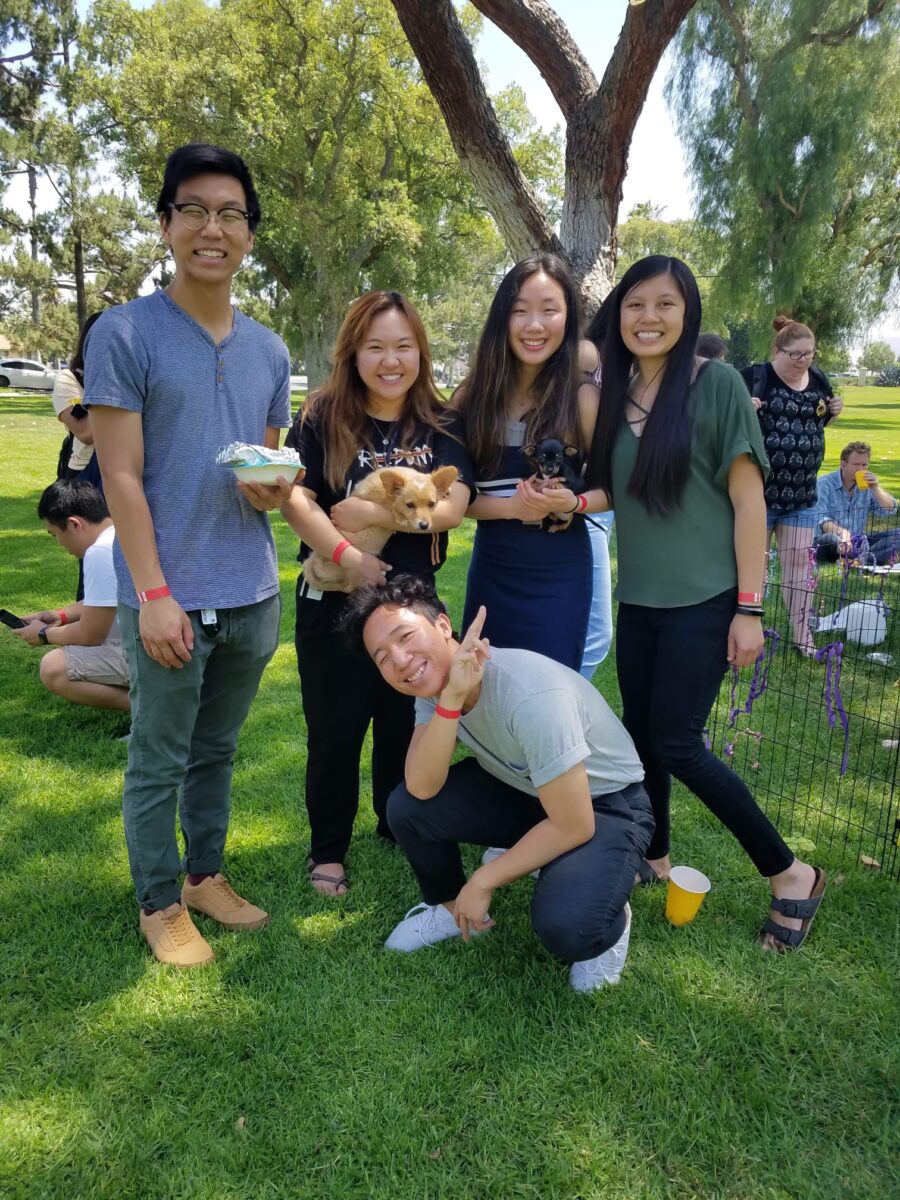Casey Jang went to La Sierra University as an undergraduate student pursuing a career in medicine. Along the way, Casey became interested in women’s rights and social justice. Now, she is finishing her law degree at UC Berkeley and looking to begin her career as an attorney.
Like many other college students, Casey began questioning if she had chosen the right career path towards the beginning of her junior year. Around this time, she became very interested in social justice, and she eventually decided to prepare for a law career.
NP: What made you want to pursue a career in law?
CJ: While in college, I became very interested in social justice. Around my junior year, I became passionate about women’s rights and discrimination and how the legal system treated minorities. But, I didn’t really know what to do with these feelings. I didn’t know if I should go into law or social work or something else. I had no idea what to do. Around this time, I began applying for a bunch of legal internships, not knowing what I was getting myself into because no one in my family had any background in law. I eventually found myself interning in the public defender’s office, an experience that I really enjoyed and sparked my interest in becoming a public defender.

During her senior year, Casey began the process of applying to several law schools. Of all the schools she had gotten accepted to, UC Berkeley was the highest ranked, and it had a well-known social justice program. For these reasons, Casey decided to attend UC Berkeley, School of Law.
For Casey, the most difficult part of the transition to law school was getting used to the large amount of reading and writing required in law school. Unlike in undergrad classes, in most law school classes, there are no written assignments, quizzes, or midterm exams. Instead, there are reading assignments (usually about 30-40 pages per assignment) for each class. Then, students should be prepared to analyze the specifics of the case they read about in front of the class. As students are randomly called on in a process known as “cold calling,” preparation is fundamental. This participation accounts for a small percentage of the final grade (10-20%); a final exam or paper determines most of the final grade.

Casey’s best advice for students preparing for law school is to strengthen their reading and comprehension skills while in undergrad. Reading is a big part of law school, and it would be very beneficial for students to become accustomed to reading large portions of materials while also analyzing and comprehending the material.
When asked about the most exciting thing she has done in law school thus far, Casey talked about her experience in the Death Penalty Clinic. Though she was not allowed to speak much about it, she did express how much she enjoyed the opportunity to work with individuals on death row. She also discussed taking an enjoyable trial practice class where her class was assigned to perform a mock trial.
As Casey’s law school journey comes to an end, she has no regrets about choosing law as her career path and looks forward to starting her career in law. After graduation, Casey plans to work as a public defender, an attorney employed by a government agency or a private organization under contract to a government body that provides defense services to individuals who cannot afford an attorney.
— Nyla Provost (Global Studies/Pre-Law, Class of 2025)

